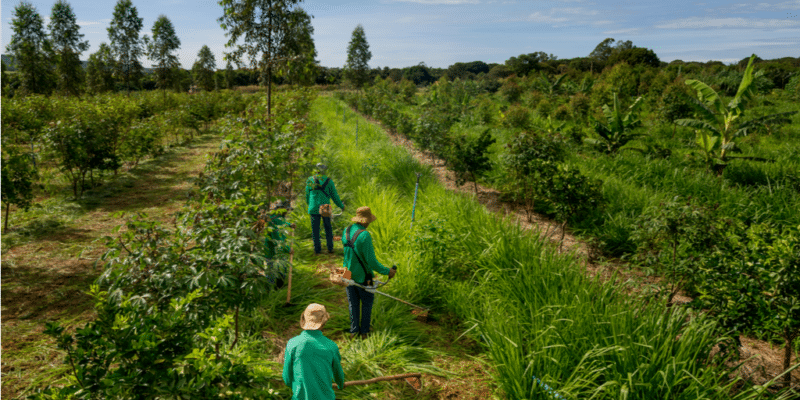The African Development Bank (AfDB) has signed an agreement with the Canadian government to launch a fund of over US$105 million. It will be used to finance innovative projects for climate change resilience.
The agreement to launch the Canada-African Development Bank Climate Fund (CACF) was signed between AfDB President Akinwunmi Adesina and Karina Gould, the Canadian Minister of International Development. This was on the side-lines of the Canada-Africa Clean Growth Symposium that took place online a few days ago. The Canada-Africa Clean Growth Symposium, co-hosted by Canada, Ethiopia and Senegal, brought together public and private sector leaders from Canada and sub-Saharan Africa. It aimed to identify innovative ways to grow their economies, while reducing carbon emissions and building resilience to climate change.
The new fund will be fuelled by a combination of a repayable contribution of US$104.8 million (C$122.9 million) to provide concessional loans for both sovereign and non-sovereign operations, and a contribution of C$10 million (C$8 million) for complementary technical assistance to climate projects.
Financing clean technologies
The administration of this climate change resilience fund has been entrusted to the AfDB. The CACF will provide concessional loans for the development of innovative low-carbon technologies, including renewable energy, climate-smart agriculture, sustainable forestry, water management and climate resilience projects.
“The fund will finance climate change projects in African countries, including those with a focus on gender equality. The empowerment of women and girls will be an objective of all CACF concessional financing, with the aim of achieving direct and measurable gender equality results,” the AfDB says. The pan-African financial institution is including its support for the new mechanism in its climate finance strategy. The AfDB quadrupled its climate finance between 2016 and 2019, from 9% to 36% of its total portfolio. The Abidjan (Ivory Coast) based bank is on track to reach its 40% target by the end of 2021.
Jean Marie Takouleu






